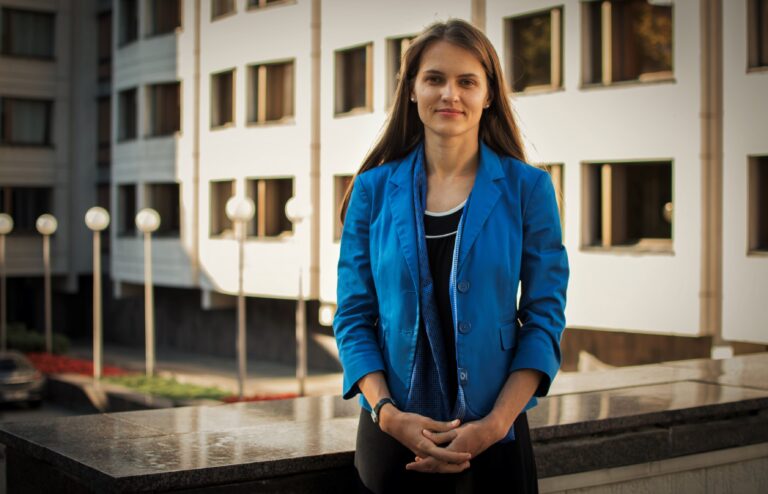Kurkime modernią Lietuvos ateitį kartu
RegistruotisMinistry of Foreign Affairs of the Republic of Lithuania
Increasing resilience of Lithuanian diaspora to disinformation
Problem
Propaganda and disinformation have become an integral part of international relations these days. By utilizing disinformation campaigns, third parties are intervening into national security matters, trying to influence the outcomes of the elections and referendums on questions of major importance. The examples of the presidential elections in the USA and France, as well as Brexit referendum in the UK are sending an alarming signal and exposing how dangerous and harmful to democracy such interventions can be. These risks are also relevant for Lithuania and their relevance is predicted to skyrocket in the upcoming year.
With the presidential elections, accompanied by European Parliament elections and, most probably, a referendum on dual citizenship in 2019, Lithuania is expected to face more and wider disinformation attacks, touching upon an extensive range of issues. This could lead to a segmentation of the society and could affect the outcomes of the elections and a referendum.
Recent surveys show that 49% of Lithuanians believe they can recognize propaganda in the media, while 38% argue they can spot fake news. 68% of respondents say that if they would spot different interpretation of same facts in different outlets, they would just ignore it. Acknowledging the need of better information literacy among its citizens, Lithuanian government, academia and civil society are currently engaged in developing are already developing tools aimed at increasing population’s resistance to disinformation.
However, the influence of propaganda and disinformation on Lithuanian diaspora is not monitored or researched. It is unclear how around 1.3 mln of Lithuanians living abroad are being affected by disinformation and what effect it has on their perception of Lithuania and international events.
Goal
Propaganda and disinformation have become an integral part of international relations these days. By utilizing disinformation campaigns, third parties are intervening into national security matters, trying to influence the outcomes of the elections and referendums on questions of major importance. The examples of the presidential elections in the USA and France, as well as Brexit referendum in the UK are sending an alarming signal and exposing how dangerous and harmful to democracy such interventions can be. These risks are also relevant for Lithuania and their relevance is predicted to skyrocket in the upcoming year. With the presidential elections, accompanied by European Parliament elections and, most probably, a referendum on dual citizenship in 2019, Lithuania is expected to face more and wider disinformation attacks, touching upon an extensive range of issues. This could lead to a segmentation of the society and could affect the outcomes of the elections and a referendum.
Project progress
2018/04/30
Atlikta esamos situacijos analizė: išanalizuota informacija apie Lietuvoje taikomus kovos su dezinformacija metodus
2018/05/18
Atlikta užsienio lietuvių apklausa apie naudojamus informacijos šaltinius ir populiariausių informacinių kanalų analizė, o taip pat užsienio lietuvių grupių socialiniuose tinkluose analizė
2018/06/01
Atlikta užsienio gerųjų praktikų analizė, siekiant identifikuoti Lietuvos diasporai pritaikomas praktikas
2018/08/22
Parengtas kovos su dezinformacija įrankių rinkinys (toolkit), komunikacijos gairės ambasadoms ir bendruomenėms, tolimesnių veiksmų planas suinteresuotoms šalims
2018/09/05
Sukurtos priemonės ir įrankiai pristatyti suinteresuotoms šalims ir visuomenei.
Result


